MARIS Women in Science Series Part 3

MARiS Women In Science Series | Part 2 | August 2022
In celebration of Women’s Month, we will be sharing a few of the many stories shared by some of the most influential female scientists associated with MARiS. This week's article will be focusing on the women who have contributed towards innovative research and advancements in the marine sphere of engineering and oceanography through the University of Cape Town (UCT).

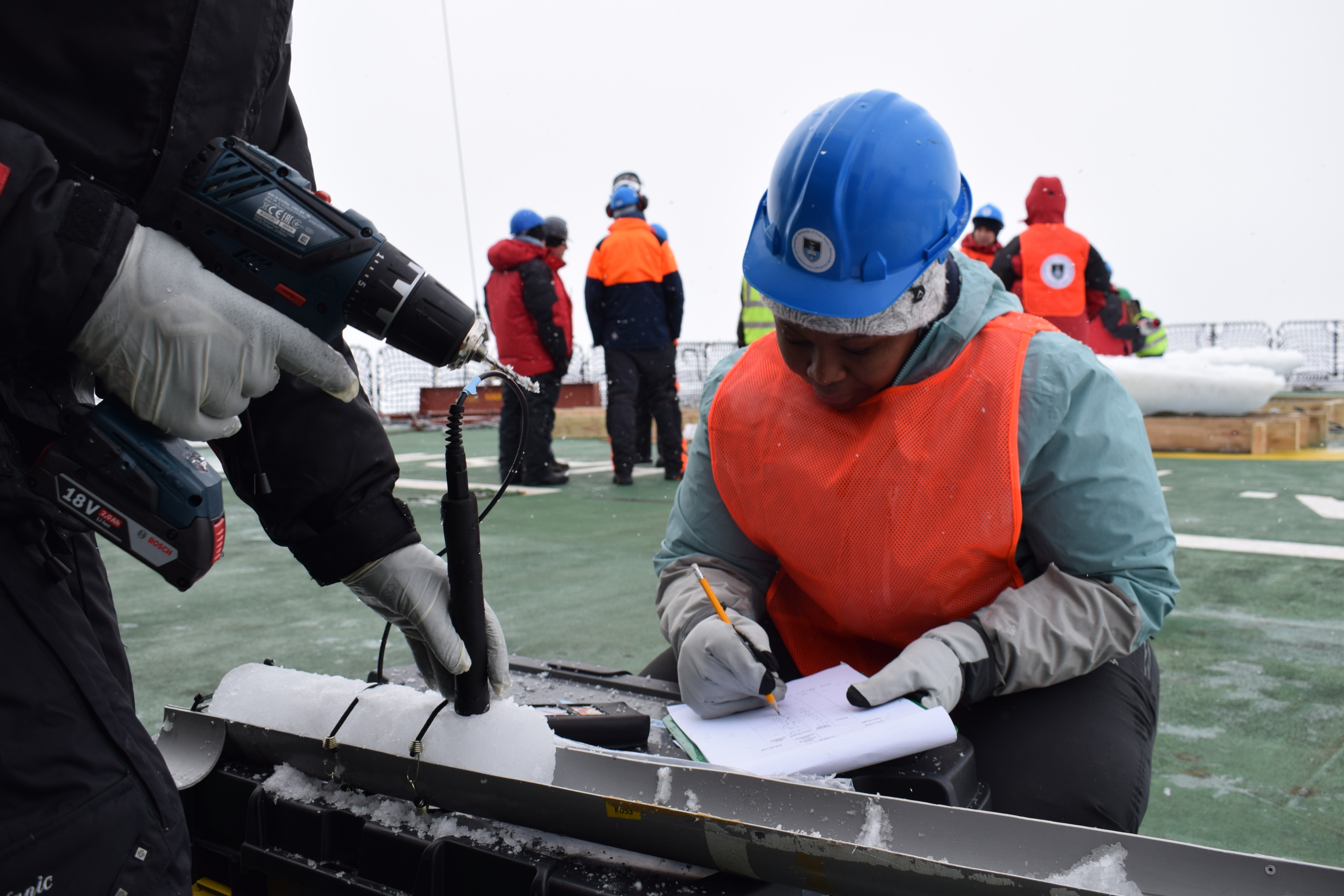
Dr. Tokoloho Rampai
Senior Lecturer, Chemical Engineering, UCT
Fav Quote: “I am by nature and trade an innovator, so: To invent, you need a good imagination and a pile of junk.” - Thomas A. Edison
Tokoloho is a chemical engineer, doing research in polar science and engineering, specializing in sea ice properties and dynamics. She graduated from the University of Cape Town with a Master of Science in Materials Engineering in 2012. She then registered for her PhD in Metallurgical Engineering at the University of the Witwatersrand in 2012. While working on her PhD, she started working for the Centre of Minerals Research based in the Department of Chemical Engineering as an academic in January 2014.
She has had a difficult and challenging journey getting to where she is now, especially splitting herself between being a good and present mom and a productive (perceived) employee and researcher. Working in her field, disappearing from your workspace for reasons of family responsibility often receives a negative reception. She found herself, as a young mom, having to take her kids with to work when they were sick and could not go to school; she also experienced mom guilt when she had to travel; and having to do double the work to make up for choosing to do things for the kids like tournament days at their schools, but in spite of that, she loves her work and communicating the science that she’s involved in. â£She says that the joys are to have her children see that following her passions does not have to be wrong. Hence, being an excellent example for her children, having them feel like they are important in her life, and being present for them in all their passions is important.
Tokoloho sees fewer women taking up space in the engineering field, but she is empowered by seeing a great portion of women take up space in marine and polar sciences. She hopes that women will not confine themselves to one role or function, and spread their minds and efforts in any place that feels right for them. Never let anyone define your abilities or limits. â£
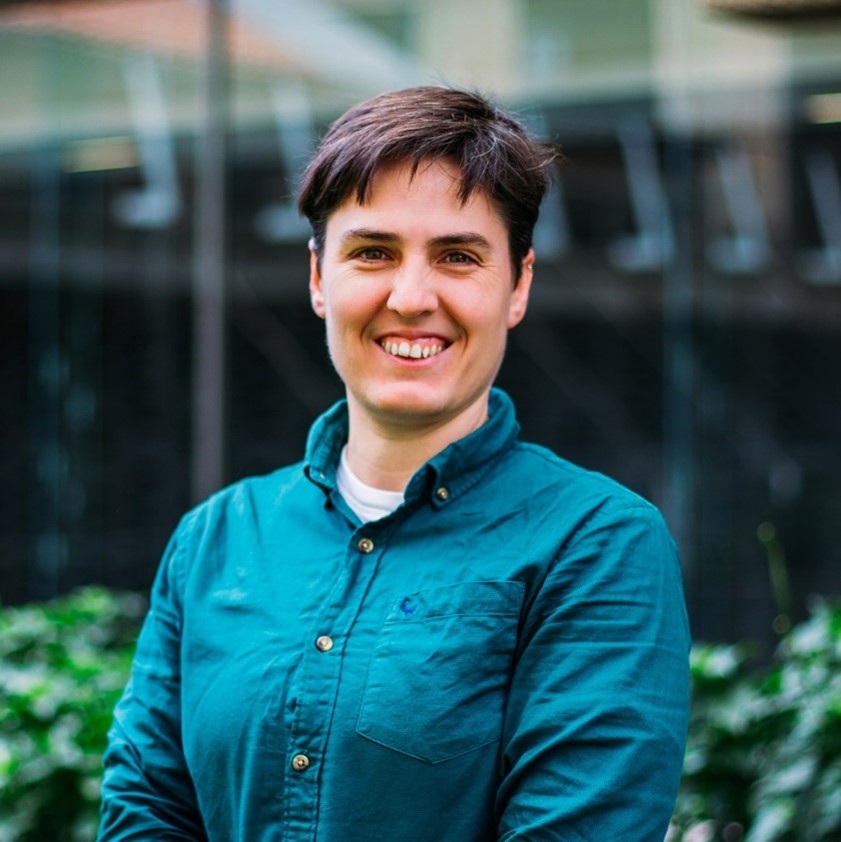
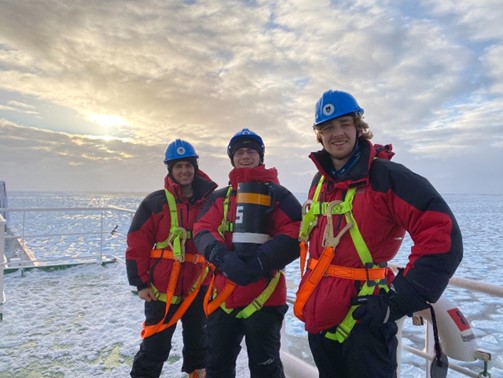
Robyn Verrinder
Senior Lecturer, Electrical Engineering, UCT
Robyn is an electrical engineer. Her research interests are marine robotics, navigation, localization and mapping, and visual sensing.
She recently participated in the #SCALEwin22 cruise on the RV SA Agulhas II as a Principal Investigator & onboard Team Leader for the BUOYs team, managing a network of autonomous sea ice observation platforms in support of Southern Hemisphere climate predictions.
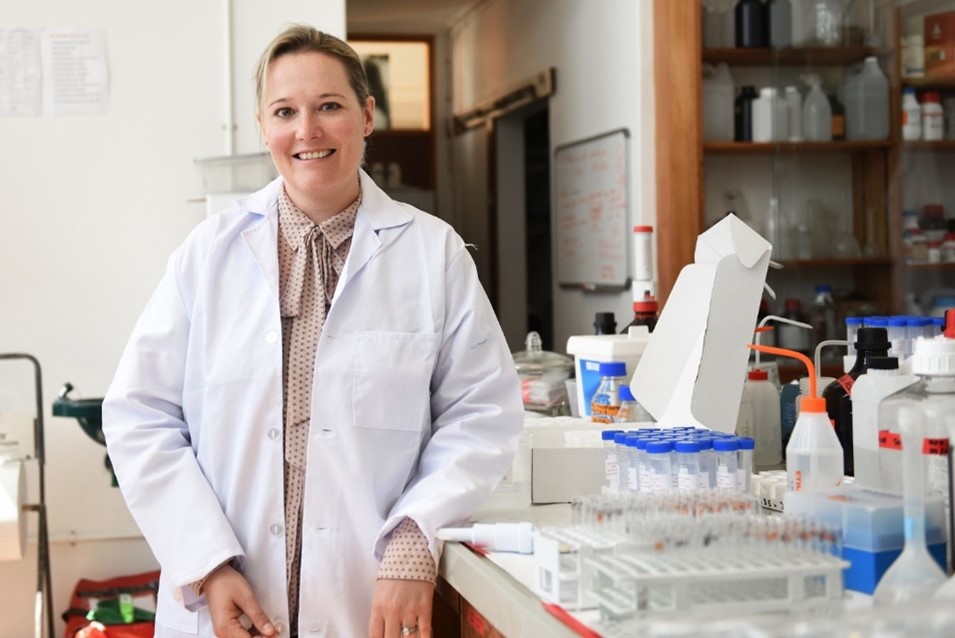
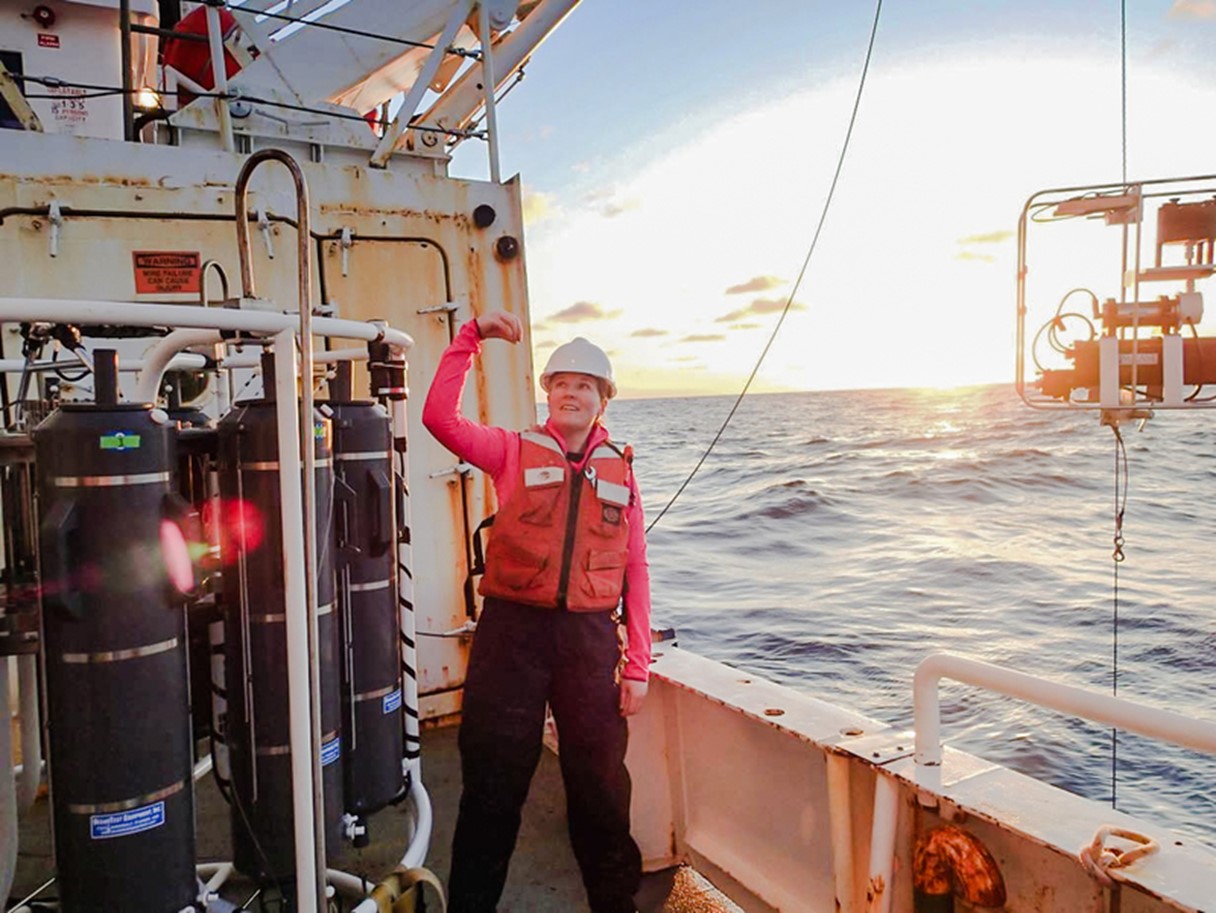
Dr Sarah Fawcett
Senior Lecturer, Oceanography, UCT
Sarah is an oceanographer and climatologist. Her research focuses on biogeochemical cycling in the ocean - past, present and future - with a particular focus on using measurements of nitrogen isotopes to understand ocean productivity, ecosystem function and climate.
Sarah received her bachelor's degree from Harvard University in 2006, majoring in Earth and Planetary Science. She was first introduced to marine applications of isotope geochemistry during her two summers on the Great Barrier Reef in Australia as an undergraduate, investigating geochemical proxies for sea surface temperature and El Niño recorded in 10,000-year-old corals. She received her PhD in 2012 from Princeton University, collaborating with the Bermuda Institute of Ocean Sciences.
Her dissertation research focused on phytoplankton-N interactions in upwelling ecosystems and the subtropical Sargasso Sea. As a postdoctoral researcher at Princeton from 2012-2015, and now as a Lecturer (Assistant Professor) in Oceanography at the University of Cape Town, she is building on methods developed during her graduate work to address questions of nitrogen cycling in the subpolar North Atlantic, where the relatively predictable spring phytoplankton bloom is so large that it has biogeochemical consequences for the global ocean, as well as in the Southern Ocean, where the efficiency of the biological pump is currently limited by incomplete consumption of nitrate in surface waters. Her new areas of focus include the southern Benguela upwelling region on the west coast of Southern Africa, which supports high levels of both marine biodiversity and human subsistence, and False Bay on the south coast of South Africa, the country's largest natural bay.
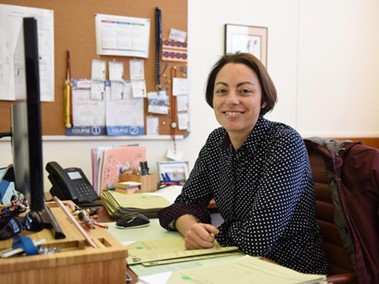
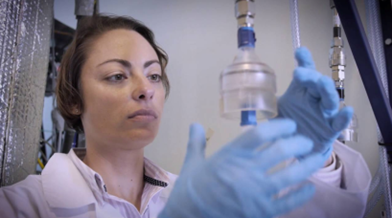
Dr Katye Altieri
Senior Lecturer, Oceanography, UCT
Katye is an atmospheric chemist. Her current research focuses on understanding how the surface ocean influences the chemical composition of aerosols in the atmosphere. Katye’s general research interests include air pollution, climate change, energy and development.
Katye completed a PhD with a focus on atmospheric chemistry at Rutgers University and a Masters in Public Policy with a focus on development and energy at Princeton University. Before joining ERC, Katye was an Associate Research Scholar at Princeton University and a U.S. National Oceanic and Atmospheric Administration Climate and Global Change Fellow. She also spent one year as a Visiting Research Fellow at Brown University within the Environmental Change Initiative.
Her research interests fall within the broad area of climate change and sustainable development focus on low-carbon developmental pathways and the relationship between climate change, air pollution, energy production and human health. Recent work includes understanding the potential air pollutant emissions from the development of unconventional natural gas resources in the Karoo, the air quality co-benefits of South African climate change policies, and the health benefits of improved access to clean energy. In addition, work on the international Deep Decarbonization Pathways Project focused on achieving development and mitigation objectives through decarbonisation development pathways in South Africa. She is also interested in developing air pollution reduction and climate change mitigation strategies to incentivise economic development along low-carbon energy pathways in South Africa.
A team of four women from the UCT Department of Oceanography, including both Katye and Sarah run the Ocean Womxn programme, aimed at supporting students from diverse backgrounds as they undertake their studies in oceanography. The programme supports these students with living costs, diving courses and a range of other financial assistance aimed at equipping them better for the field of ocean sciences. The programme is part of a range of initiatives made possible by UCT vice-chancellor Professor Mamokgethi Phakeng and has supported several students since 2020.
Yours seancerely,
MARIS Comms Team
If you have any specific questions for these remarkable women or us, please contact us at comms.maris@uct.ac.za.

